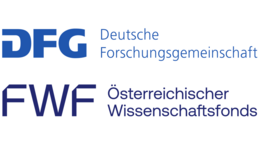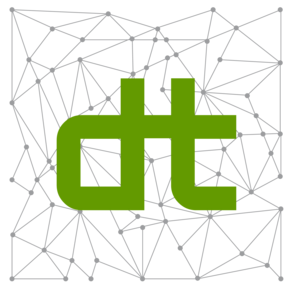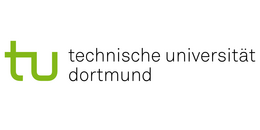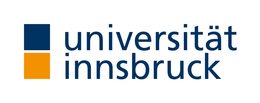PlatformPower: Understanding Power in Digital Platform Ecosystems
(Project duration: 2023 to 2026)
Funding body: DFG - German Research Foundation and FWF - Austrian Science Fund
Context
Digital platform ecosystems take a fundamental role in today’s economy and are a significant research topic in the economics, computer science, management, and information systems (IS) discipline. Information Systems (IS) research particularly aims to explain the mechanisms that enable value creation in digital platform ecosystems and the growth of ecosystems (Fürstenau et al. 2023; Schreieck et al. 2021). A key mechanism is generativity, the ecosystem’s capability to encourage product and service innovation by external complementors (Cennamo and Santaló 2019; Nambisan et al. 2019; Zittrain 2006). Despite the importance of complementors, many digital platform ecosystems exhibit a powerful platform owner that controls the ecosystem (Cutolo and Kenney 2021; Perrons 2009). Researchers have begun to consider power asymmetries in platform ecosystems – that some players in platform ecosystems are more powerful than others (Altman 2017; Hurni et al. 2022; Rietveld et al. 2020). Yet, the findings insufficiently explain the drivers of platform owner power and its impact on generativity in the ecosystem. Furthermore, we lack a nuanced understanding of how platform owners and complementors shape the distribution of power in the ecosystem as they strive for more power, exercise power, or threaten to exercise power.
Project Objectives
The overall research objective of the project is to understand what constitutes power in digital platform ecosystems, what effect a platform owner power advantage has on generativity, and how stakeholders shape the distribution of power. The basis of this research is a predefined model of power relations developed on exchange theories of organizational power, which includes the drivers of platform owner power and its consequences. Resource dependence theory (Pfeffer and Salancik 1978) helps to understand the impact of resources on platform power (Altman 2017). Power dependence theory (Emerson 1962) helps to understand factors that reduce the power of a platform owner. The project has to fulfill four goals: a) Refine the initial research model that conceptually links power and generativity in digital platform ecosystems, b) Identify the antecedents of platform owner power, c) Measure how a platform owner power advantage affects generativity in the digital platform ecosystem, and d) Derive from the public discourse how owners and complementors shape the power distribution in the context change related to the introduction of the Digital Market (DMA).
Involved Partners
Universität Innsbruck, Department of Information Systems, Production and Logistics Management (Ass.-Prof. Dr. Maximilian Schreieck)
Sources
Heimburg, V., & Wiesche, M. (2023). Digital platform regulation: opportunities for information systems research. Internet Research, 33(7), 72-85.
Heimburg, V., Schmitt, J., & Wiesche, M. (2023). The Future of Digital Platform Design - The Case of the EU Platform Regulation Discourse. In 31st European Conference on Information Systems (ECIS).
Heimburg, V., & Wiesche, M. (2022). Relations Between Actors in Digital Platform Ecosystems: A Literature Review. In 30th European Conference on Information Systems (ECIS).
Schreieck, M., Wiesche, M., & Krcmar, H. (2022). Governing innovation platforms in multi-business organisations. European Journal of Information Systems, 1-22
Schreieck, M., Wiesche, M., & Krcmar, H. (2022). From Product Platform Ecosystem to Innovation Platform Ecosystem: An Institutional Perspective on the Governance of Ecosystem Transformations. Journal of the Association for Information Systems, 23(6), 1354-1385.
Schreieck, M., Wiesche, M., & Krcmar, H. (2021). Capabilities for value co-creation and value capture in emer-gent platform ecosystems: A longitudinal case study of SAP’s cloud platform. Journal of Information Technology, 36(4), 365-390.
Sponsor

DFG and FWF




